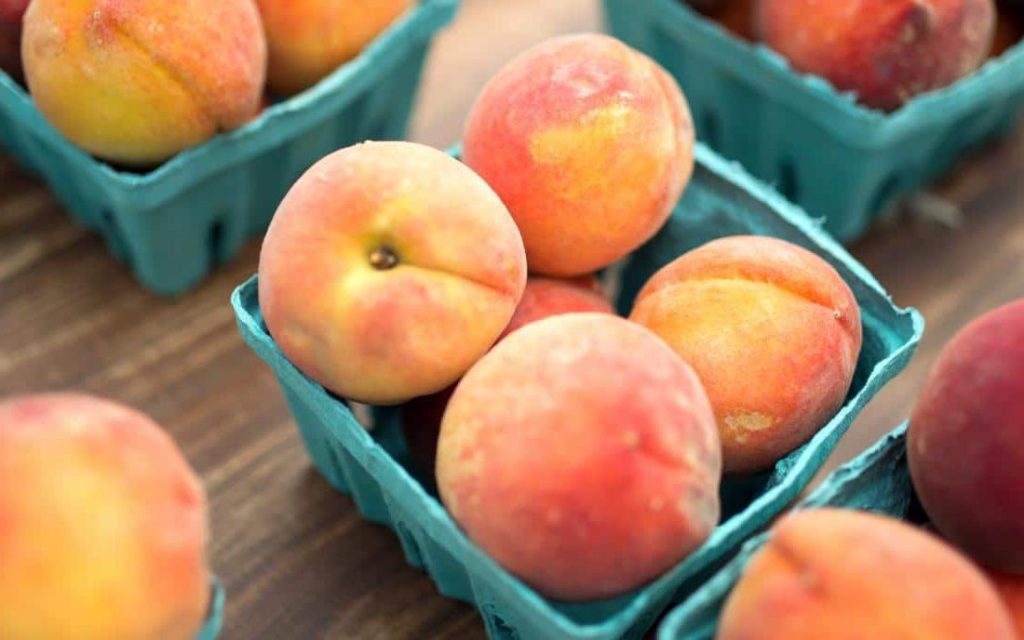Are Peaches Beneficial for Diabetics?
Are peaches suitable for individuals with diabetes? The concise answer is yes, but there are a few critical considerations before incorporating them into your diet.
Peaches are a low-glycemic fruit, making them appropriate for a healthy diet even for those managing diabetes. They aid in regulating blood sugar levels by slowing the rate at which blood sugar rises post-meal, thus preventing long-term vascular damage.
Additionally, peaches are packed with fiber, vitamins, and minerals that help improve blood sugar control by mitigating oxidative stress and enhancing insulin sensitivity.
Here’s the nutritional breakdown of peaches (per 150 grams):
- Calories – 150
- Protein – 1g
- Fats – negligible
- Cholesterol – 0
- Fiber – 2g
- Sugar – 15g
Understanding Low-Glycemic Foods
The glycemic index (GI) quantifies how quickly a food item is digested and absorbed into the bloodstream – effectively, how fast it spikes blood sugar levels. Foods with a high glycemic index release glucose rapidly, which can spike blood sugar levels, leading to insulin resistance and type 2 diabetes. Conversely, low-glycemic foods release glucose slowly, helping to maintain balanced blood sugar levels.
In addition to peaches, other low-glycemic foods include:
- Bread
- Pasta
- Cereals
- Legumes
- Vegetables
- Nuts and seeds
Peaches are an excellent option whether you have diabetes or not. With a glycemic load of 3 and a glycemic index of 28, these values are very low and safe for diabetics. Foods with a glycemic index above 70 are high-glycemic and should be limited or avoided by those managing diabetes.
How Do Peaches Help Maintain Stable Blood Sugar?
Peaches contain essential nutrients that have been shown to enhance insulin sensitivity, making them beneficial for diabetics. This can decelerate the rate at which blood sugar levels rise after eating, thereby aiding in the maintenance of stable glucose levels.
Benefits of Peaches for Diabetics
Insoluble fibers in peaches promote easy bowel movements, helping alleviate constipation, a common issue among diabetics.
Moreover, peaches are rich in bioactive compounds that boost metabolism. Their low-fat content contributes to diabetes and weight management.
Incorporating Peaches into a Diabetic Diet
A medium-sized peach, weighing about 150 grams, is the recommended serving size. The best way to consume a peach is in its natural, fresh state.
Avoid consuming peaches on an empty stomach or first thing in the morning as their acidity may cause digestive discomfort. Peaches can enhance a wide variety of meals. Consider adding them to your salads, shakes, and smoothies for a delicious and nutritious boost.
